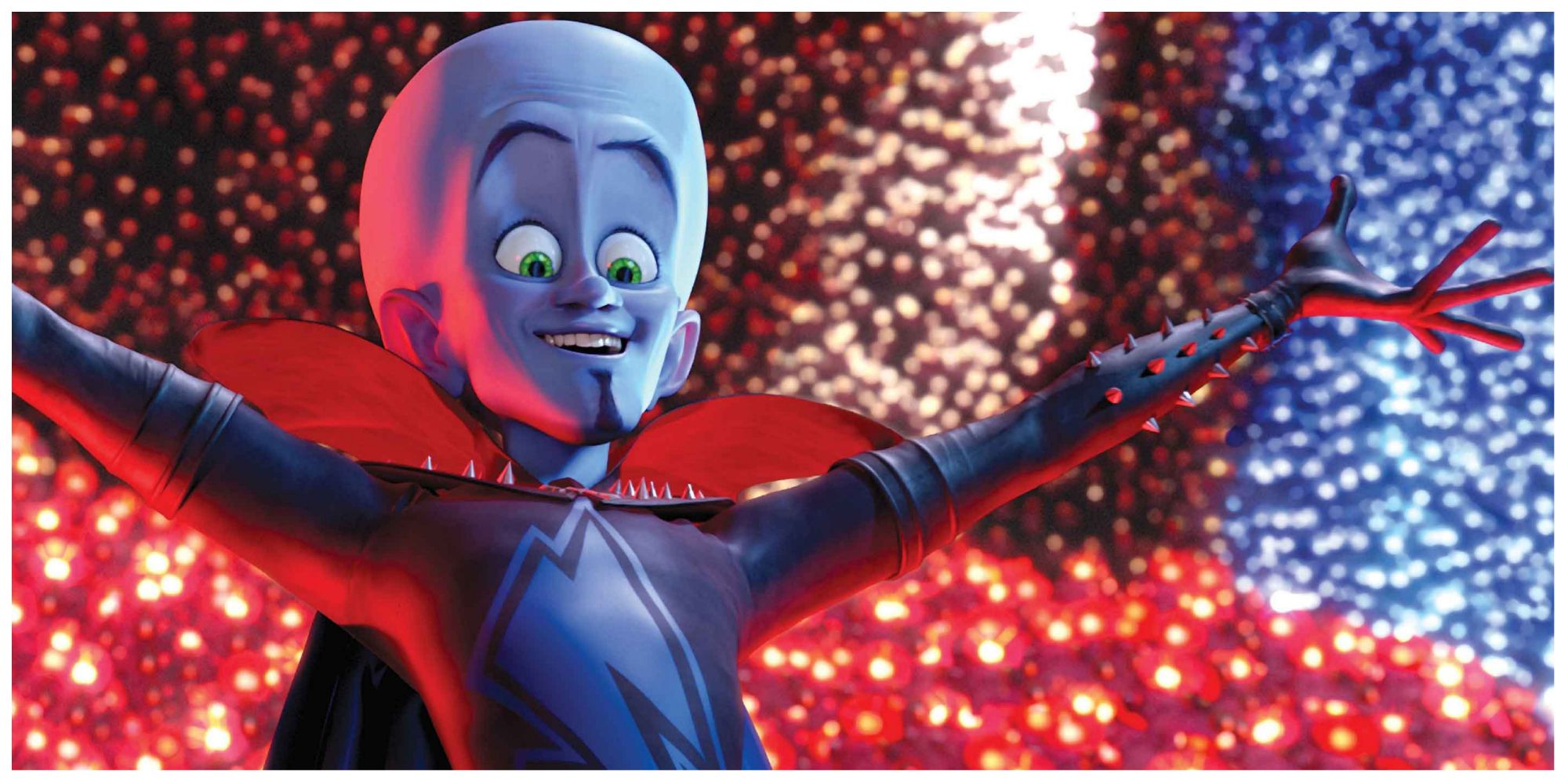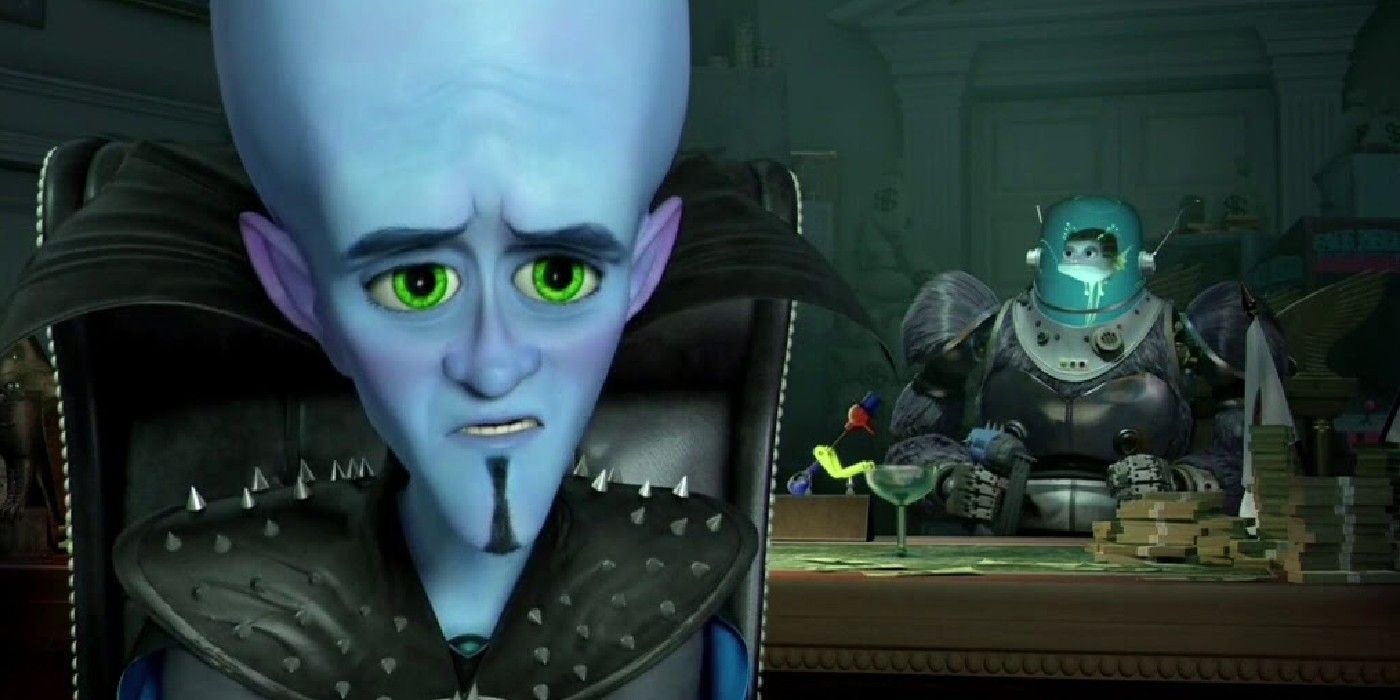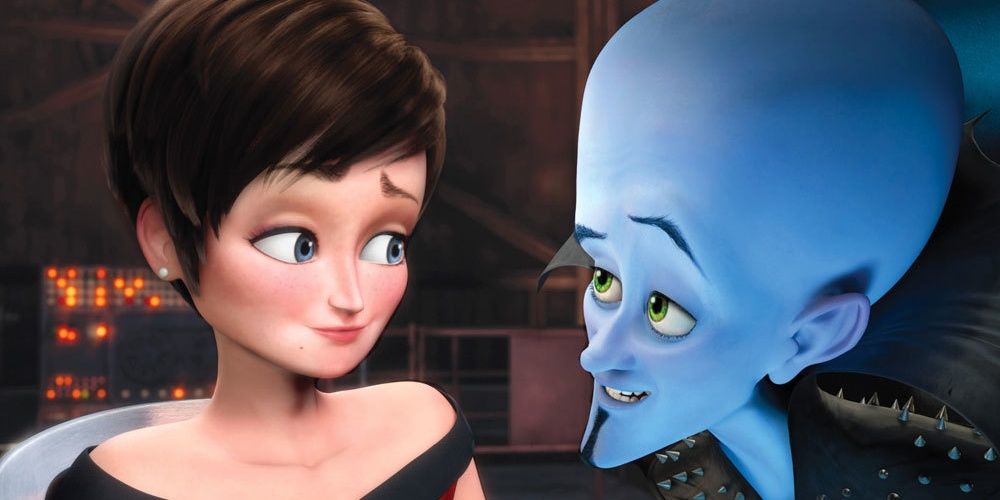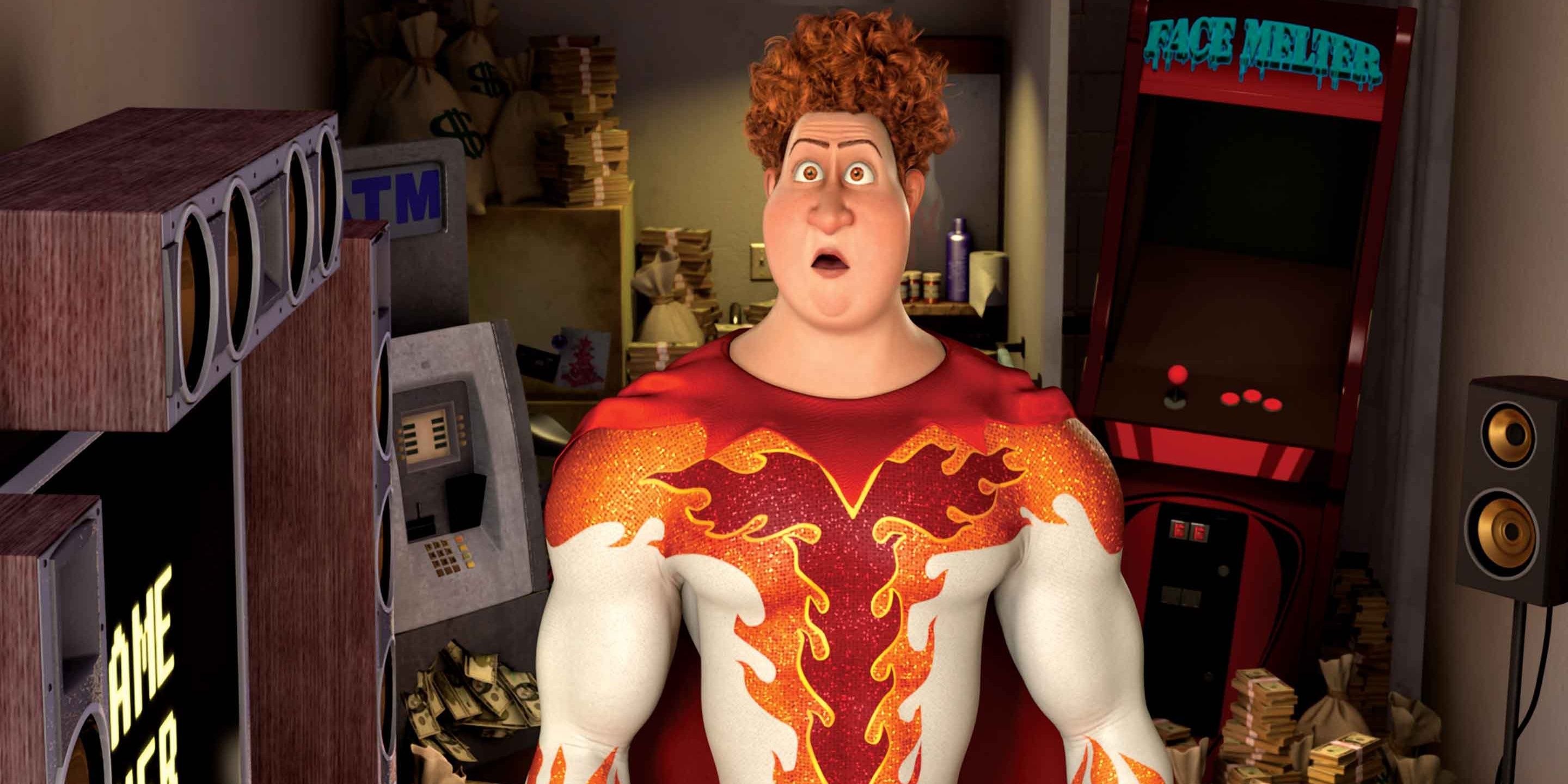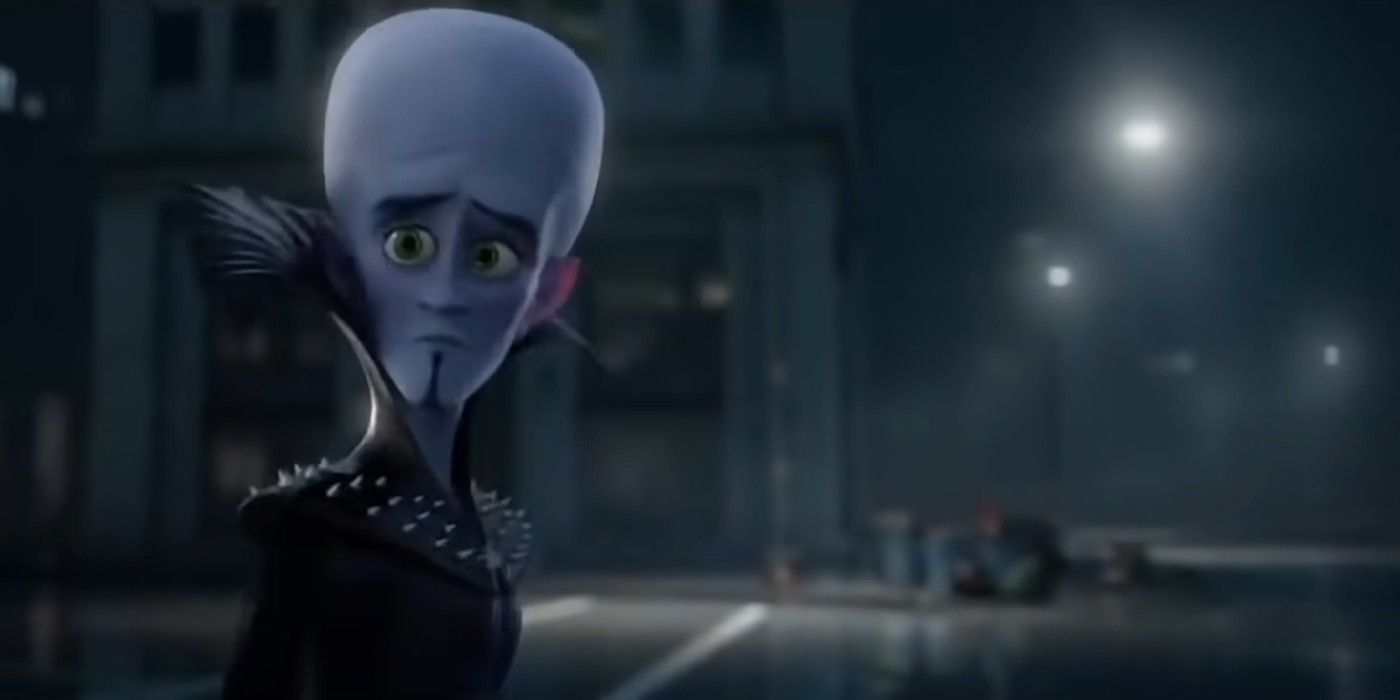In 2010, DreamWorks' Megamind took aim at well-known superhero stories and tropes to create a unique film. While much of the plot line directly referenced Superman, some moments felt like parodies of most superhero movies and comics. There were beings from other planets and characters who switched sides from evil to good. There was a love interest, a supernatural mentor, and the dramatic reveal of a final battle costume. While it's common for fairytales to be retold, superhero stories often do not receive that kind of attention. Megamind showed how superhero parodies could be silly and entertaining, uplifting the genre while they poke good-natured fun.
Megamind Draws Direct Parallels to Superman
Right from the beginning, DC fans recognize Megamind's origin story as directly paralleling Superman's. Baby Megamind is sent away from his home planet right as it explodes, flying off in a tiny spaceship with his parents waving goodbye. He ends up on Earth and is raised by inmates at a prison, which partially contributes to his career path as a supervillain. Similarly, Superman's parents send him away from Krypton in a little spaceship right before the planet is destroyed. Megamind and Superman are both orphan aliens with special powers, alone on a planet that is not their home.
Megamind Puts Its Own Spin on Superhero Love Interests
Something else Superman and Megamind have in common is a love interest who works as a reporter. Lois Lane, Superman's primary love interest, works for the Daily Planet newspaper covering events in Metropolis. In the Megamind movie, Roxanne Ritchi is a reporter in Metro City who eventually falls for Megamind. As a side note, it can't be ignored that Superman's Metropolis and Megamind's Metro City -- often mispronounced by the supervillain to sound like monstrosity -- are almost identical names. Roxanne Ritchi is originally annoyed by Megamind, who constantly kidnaps her in a childish maneuver to spend time with her. They only truly connect when Megamind disguises himself as Bernard, an employee at the Metro Man Museum. He wears glasses and seems slightly nerdy, just like Clark Kent. The concept of the love interest falling in love with a superhero in disguise is common, seen also with couples like Peter Parker and Gwen Stacy or Barry Allen and Iris West.
Titan's Training Includes a Quintessential Superhero Mentor
The true villain of Megamind, Titan, starts off as Roxanne's cameraman, Hal. His red hair and occupation are a nod to the character Jimmy Olsen, a reporter who works with Lois Lane and Clark Kent. Titan becomes a superhero when Megamind infuses him with Metro Man's supernatural abilities. As part of his grand scheme to create a new opponent, Megamind disguises himself as Titan's "space dad" and trains him in the art of combat. This new disguise, a white-haired lisping man in a spacesuit, pokes good-natured fun at Marlon Brando's portrayal of Superman's father in the 1978 Superman film. But it also follows the general trope of a hero needing a mentor as they begin their journey.
Other Superhero References in Megamind
There are plenty of other Easter eggs hidden in Megamind. The Fortress of Solitude, Superman's hideout, is mentioned by Megamind when he and Roxanne are looking for Metro Man's hideout. Titan's full name is Hal Stewart, which is in reference to two characters who have been the Green Lantern -- Hal Jordan and John Stewart. Megamind's vehicle, which causes a lot of trouble but eventually aids in saving the day, is a cross between the Batmobile and Wonder Woman's invisible plane.
It is normal for superhero stories to keep going even after the end -- the good guy is resurrected, another bad guy arises, and the world needs to be saved again. But instead of continuing the tradition, Megamind took a different approach by retelling fans' favorite superhero stories and parodying common tropes of the genre. The movie does not take itself too seriously. Instead of limiting the references to DC or Marvel fans through obscurity or elitism, it lets everyone in on the joke. In this way, it became a fun movie that told a story all its own.

